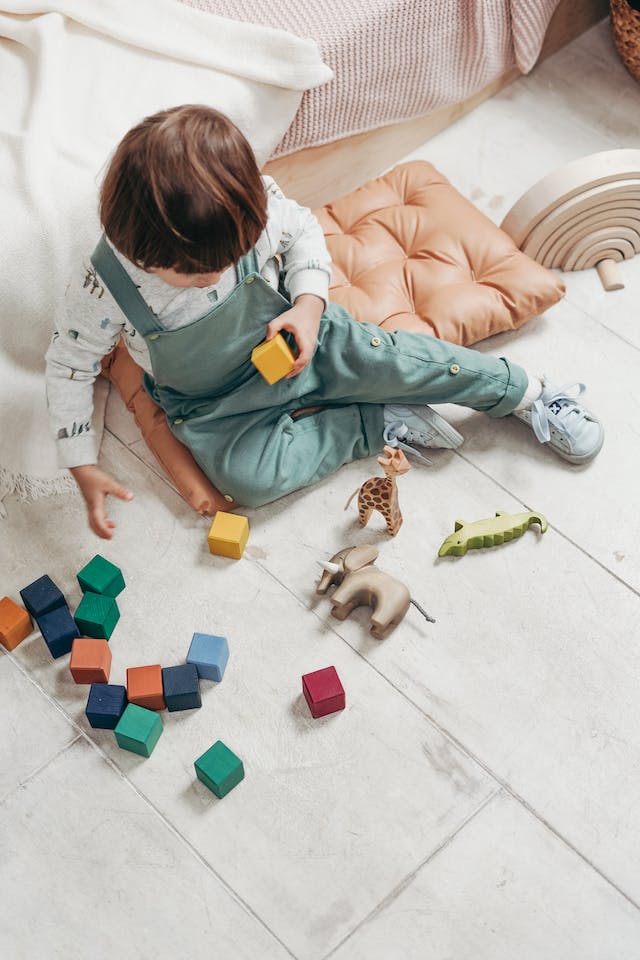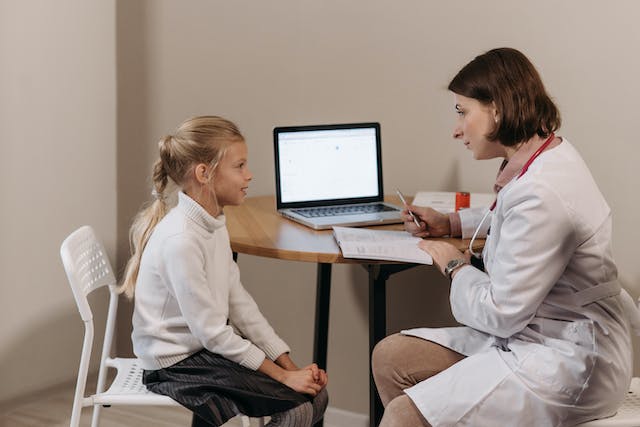Introduction:
As a highly-rated content writer, I’m here to guide you on how to harness your medical
knowledge and research skills to help your little one develop the essential skill of playing
independently.
While it might seem unrelated to medicine at first, trust me, there’s a scientific connection
to this.
Moreover, we’ll sprinkle a hint of humor along the way to make the learning process more
enjoyable.
Let’s dive into the top 5 ways to teach your toddler how to play without anyone.
Diagnosis:
Toddler’s Play Time Prescription Before we begin, let’s diagnose the situation.
Toddlers can be demanding, and they often rely on adults for playtime. In medical terms,
we might say they have an “over-reliance on parental presence” syndrome.
Your prescription? Encourage independent play to promote cognitive and emotional
development.
Now, let’s move on to the treatments.
Distraction Therapy:
Hide and Seek – Toddler Edition One of the simplest ways to teach your toddler to play
independently is through a game of “Hide and Seek.”
No, not the traditional version; we’ll call it “Hide and Seek – Toddler Edition.”
You can hide their favorite toys around the house and provide them with clues.
It’s like a treasure hunt, medical-style.
Plus, the humor in watching them search for their prized possessions is an added bonus.
A Dose of Creativity:
Art and Craft Time Creativity is essential for cognitive development.
Why not mix art and humor to engage your toddler in solo play? Give them a blank canvas
(paper), some colorful ‘medication’ (crayons), and let their imagination run wild.
You’ll be amazed at the masterpieces they create, and you might even share a chuckle or
two at their unique interpretations.
Playdate with Stuffed ‘Patients’ Introduce your toddler to their own ‘patients,’ a.k.a. stuffed
animals.
This medical-themed playdate can help them practice caregiving skills and stimulate their
imagination.
You’ll both have a good laugh as you watch them diagnose and ‘treat’ their plush friends.
Plus, it’s an excellent opportunity to teach empathy.
Doctor’s Orders:
Kitchen Experiments Let’s get a little scientific with this one.
In the world of medicine, experiments are a common occurrence.
In the world of toddlers, we can have ‘kitchen experiments.’ Hand your little one some safe
kitchen supplies and ingredients, and let them create their concoctions.
They’ll be both the doctor and the scientist in this hilarious experiment.
Conclusion:
Playing independently is an important skill for toddlers to develop, and using your medical
knowledge with a dash of humor can make it a fun learning experience for both you and
your child.
So, prescribe these five methods to teach your toddler how to play without anyone, and
you’ll be well on your way to raising an independent, imaginative, and happy little one.
Remember, laughter is the best medicine, even in toddler playtime!












